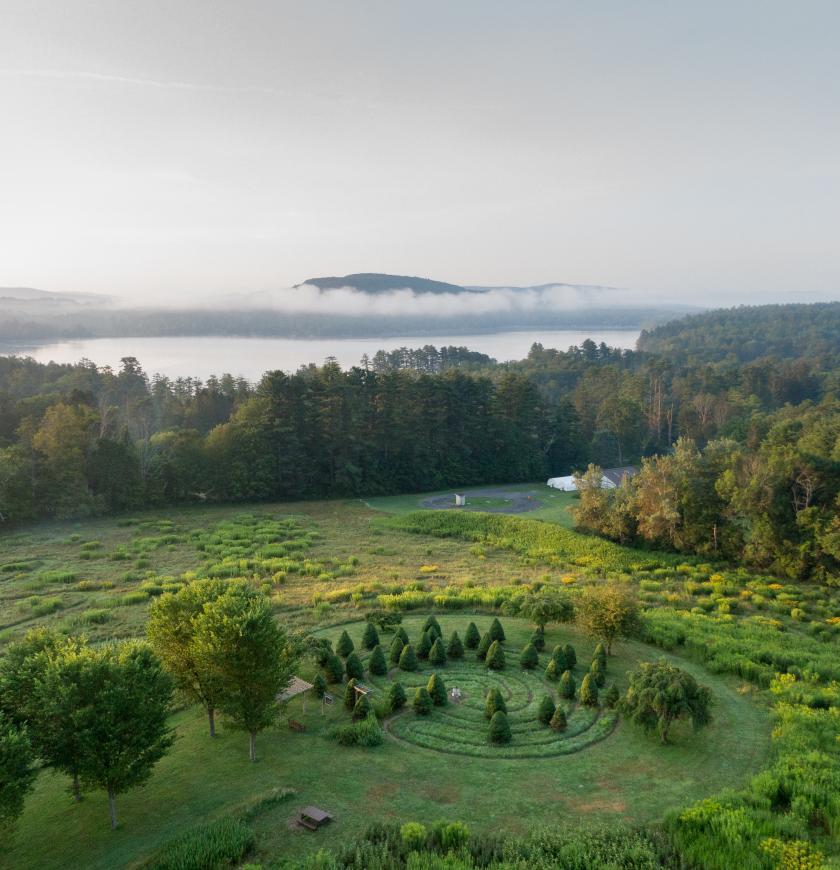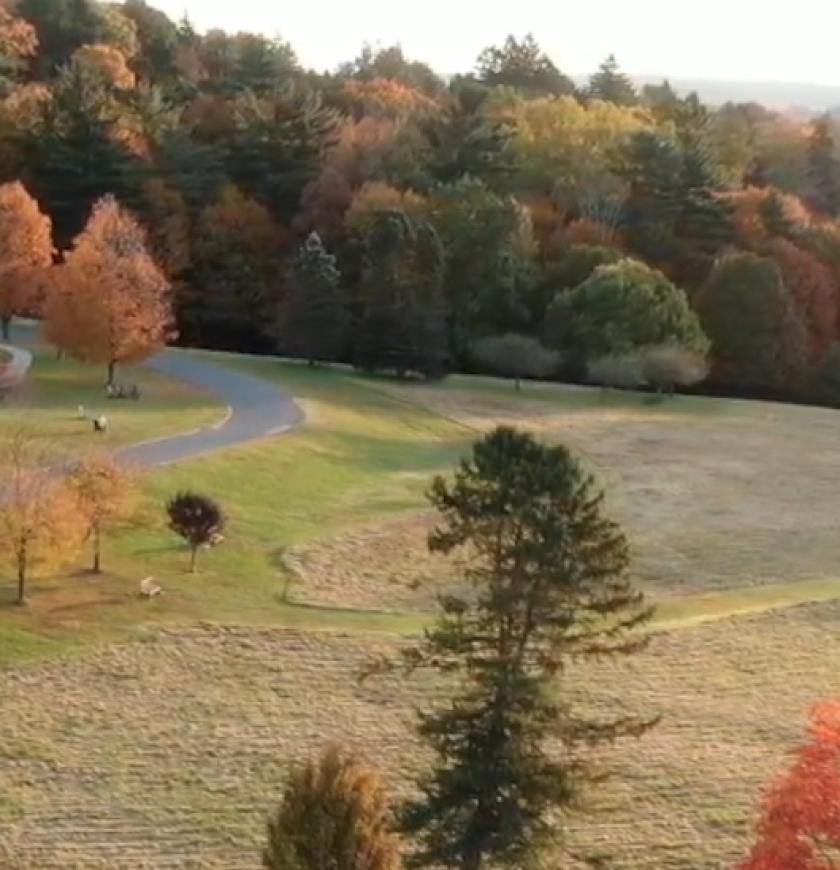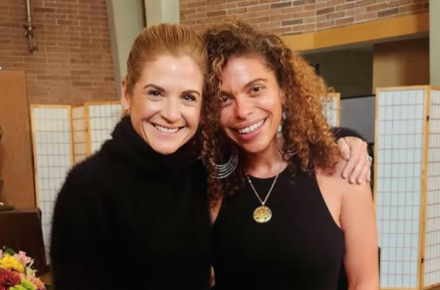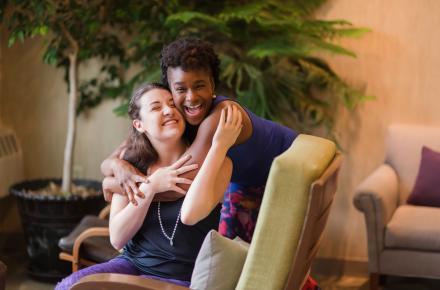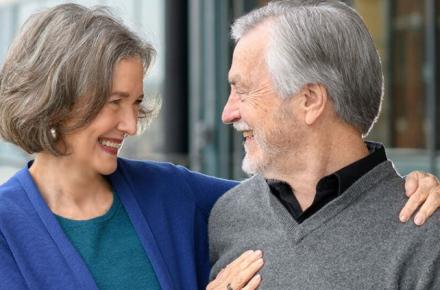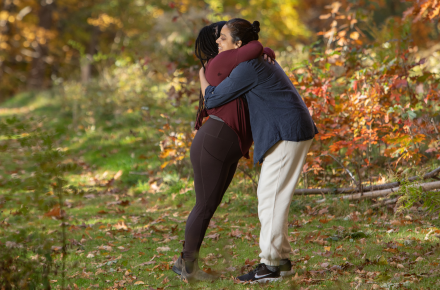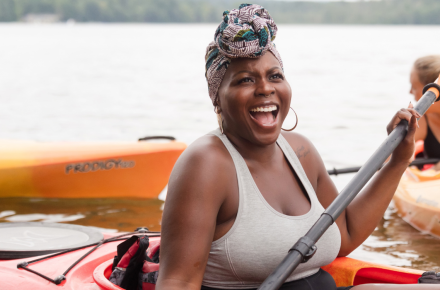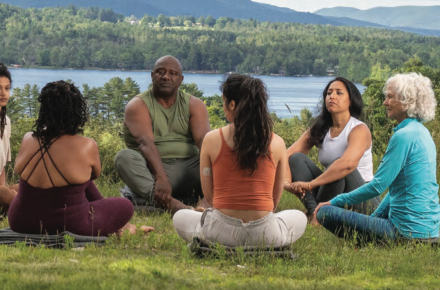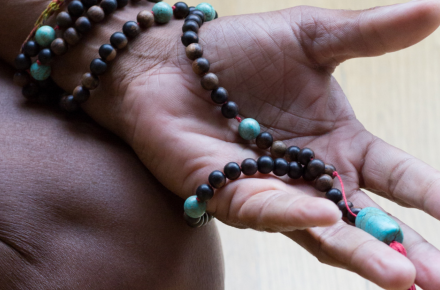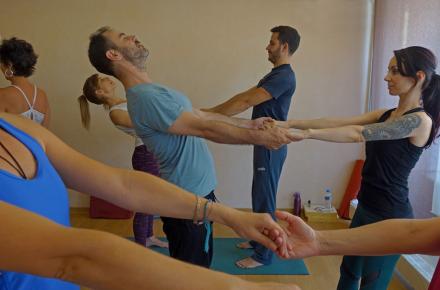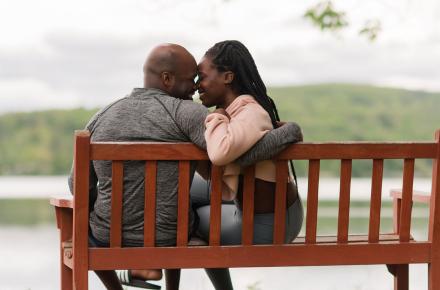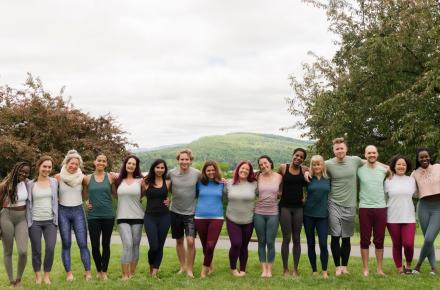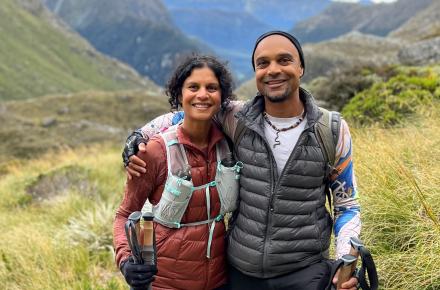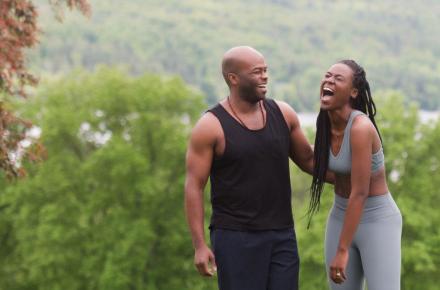Love's Apprentices

by Richard Borofsky and Antra Kalnins Borofsky
This is an invitation to become one of love’s apprentices. The phrase “love’s apprentice” means simply one who is learning to give and receive love and who is willing, more or less, to keep on learning.
Actually, this is an invitation to acknowledge that you are already one of love’s apprentices—whether you know it or not—and that you have been one for your entire life. This is because (in our view) learning to love and be loved is the principal reason we are all here on this planet. Love has brought us here. It is what we are all called to do—one way or another.
Perhaps the best opportunity we all have to learn what love actually is, how it works, and how it can be sustained is a committed intimate relationship. Because intimate partnerships are such a mix of inspiration and difficulty, possibility and limitation, safety and vulnerability, they provide an optimum environment for love to become more robust, resilient, flexible, precise, wise, lighthearted, conscious, compassionate, and unconditional. This is love’s most popular classroom.
In our intimate relationships, over and over again, love asks us to be present, to show up, to pay attention, and to care. Every moment and every experience that we have with each other presents a new challenge and opportunity to learn something about what love is and how it works. Sometimes we accept this challenge or opportunity happily, sometimes haltingly. But we know that love is the name of the game, even if we are not willing or able to be in the game at a given moment—either because we are afraid, or because we don’t know how, or because we are too hurt. We also discover that, however long it takes, the only way out of any relationship difficulty or dilemma is to love our way out of it. That is why the same difficulties and dilemmas repeat themselves endlessly until we learn something new about how to encounter them and work with them lovingly. Perhaps this is what Thoreau meant when he wrote, “There is no remedy for love but to love more.”
What are some of the most important lessons that love teaches us in our intimate relationships? One of these lessons is that our love must grow or die. The apostle John wrote, “The person who doesn't grow in love remains in death.” Evolution in love, as in nature, is ruthless. Love grows, as everything alive grows, by division and separation, as well as by the inclusion and unification of all differences and polarities. So we come to learn that a deeper love has no preference for union or separation, being one or being two. Perhaps right now we are one—wonderfully, onefully together. Or perhaps right now we are two—a separate “me” and “you,” a collision or a kiss of differences. By turns, our being together may be blissful, sad, funny, tender, hurtful, or healing. It is continuously and kaleidoscopically changing. And by staying present while going through all these changes together, our intimacy and our love grow and are immeasurably enriched.
We also learn that love and pain are allies, not enemies. Pain is always a call for love, and love is always seeking out whatever has been hurt and needs healing. Pain is a part of love because true love includes everything; it has no opposite. Nothing human is alien to love—no matter how painful.
Perhaps most important of all, love teaches us that learning to love is without end. Our apprenticeship is endless. Novelist Katherine Anne Porter once wrote, “Love must be learned and learned again and again; there is no end to it.” This is because love is too difficult and daunting, too vast and mysterious, too confounding for us to ever be anything other than lifetime apprentices. In his poem, “Brown Penny,” William Butler Yeats wrote:
There is nobody wise enough
To find out all that is in it,
For he would be thinking of love
Till the stars had run away
And the shadows eaten the moon.
So we are privileged (or doomed, depending on how you want to look at it) to be perpetual beginners and bunglers at love. Our only hope is to keep cultivating the necessary humility, so that we can keep forgiving ourselves and our partners. And keep refocusing our intention to be love’s apprentices.
Find out about relationship programs with Richard Borofsky and Antra Kalnins Borofsky at Kripalu.
Reprinted with permission from Right Here with You: Bringing Mindful Awareness into Relationships, Andrea Miller ed., Shambhala Publications, 2011.

